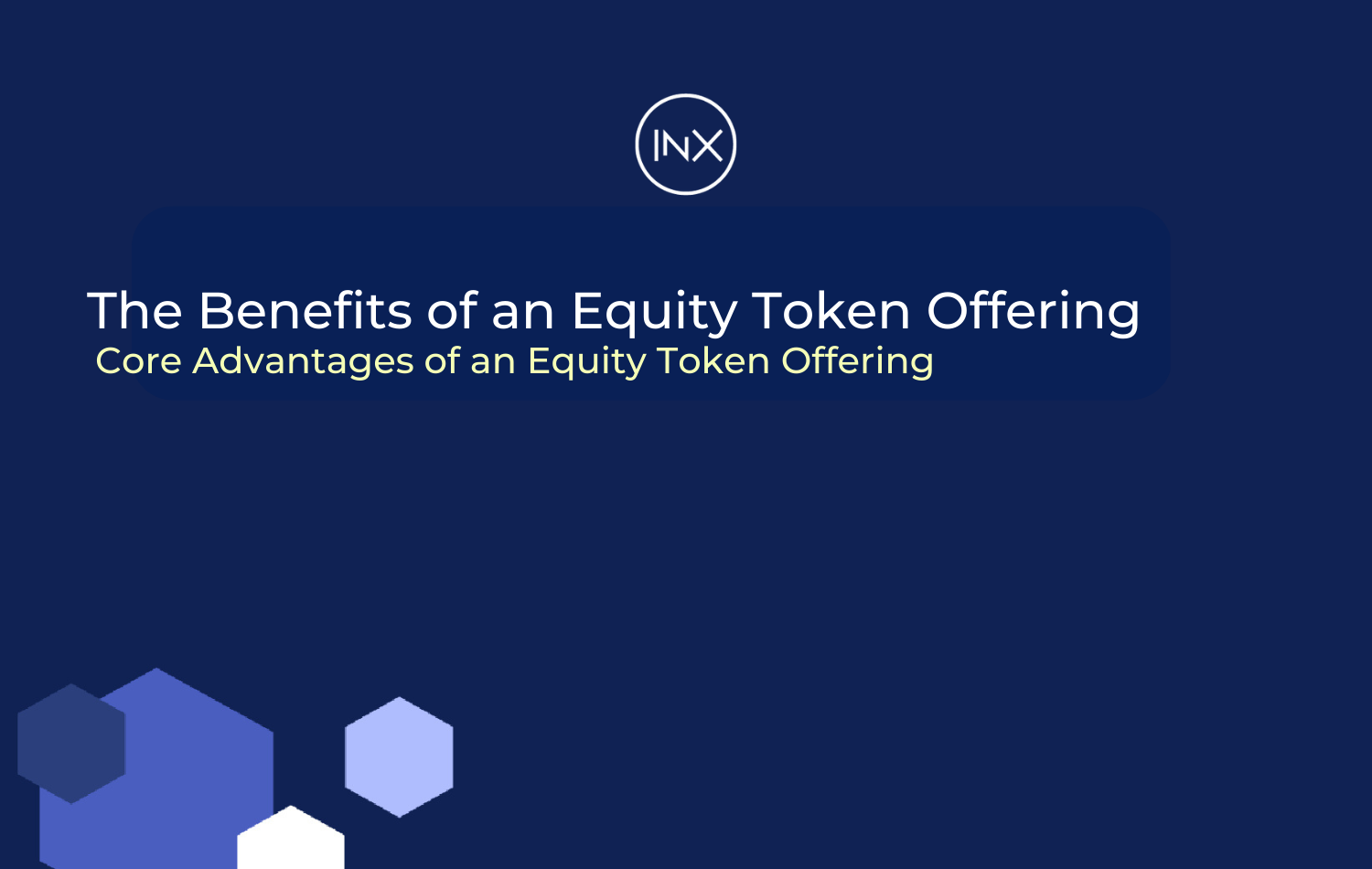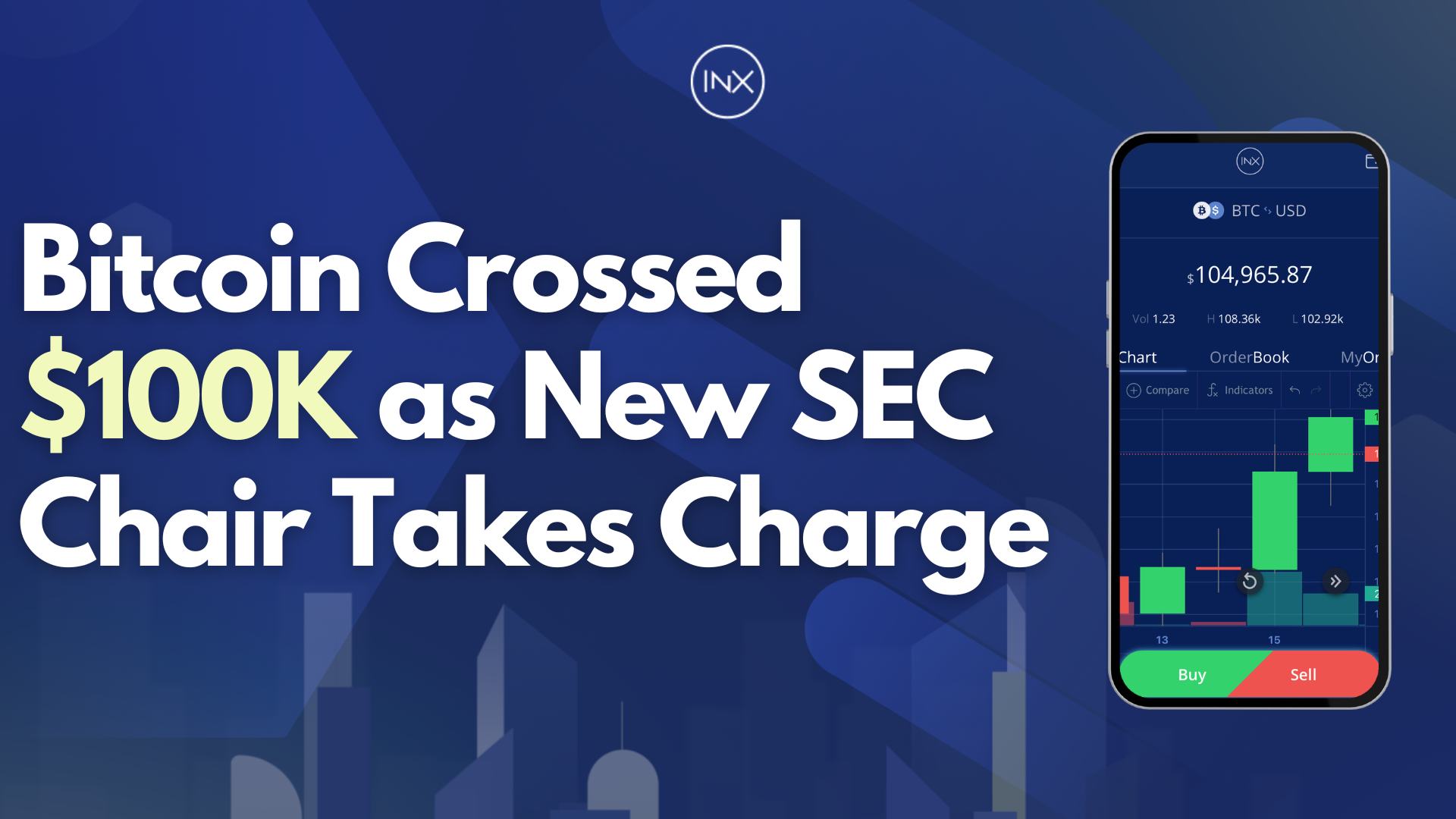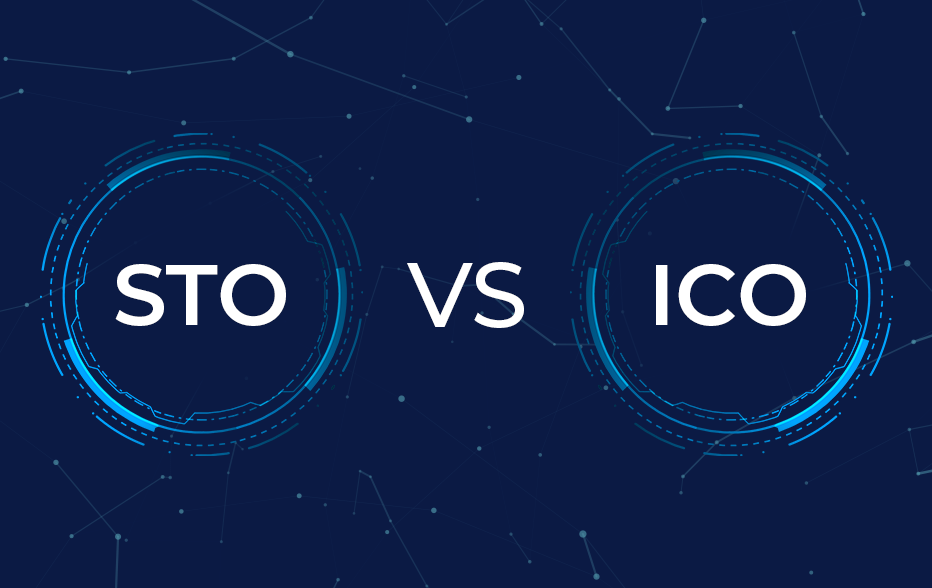The Benefits of an Equity Token Offering

An equity token offering (ETO) is a fundraising method that enables companies to sell digital tokens that represent ownership in the company. While there are various forms of equity tokens within the crypto ecosystem, the emergence of security tokens as a means of fund-raising has been met with overwhelming enthusiasm with both issuers, as well as investors.
Security tokens are digital tokens that represent ownership of assets which are traded on blockchain-based exchanges, providing investors with greater accessibility, liquidity, and above all else, transparency. These equity tokens are a funding mechanism issued in compliance with traditional regulatory requirements/investors’ protection under the umbrella of the SEC. The emergence of security tokens has been a game-changer for venture capital (VC) investing. This overall shift toward a digital economy and tokenization carries immense benefits.
The 6 Core Advantages of an Equity Token Offering
1. Enabling retail capital flow: Security tokens provide an opportunity for retail investors to invest in assets that are not listed on public stock exchanges, thereby allowing for investments, and in effect, equity in privately-owned companies.
2. Unlocking global investors: STO’s can allow companies to attract investors from all over the world. This will enable companies to raise capital from previously untapped sources.
3. Fractionalizing ownership: By dividing up securities into fractions, small investors can buy securities directly from issuers, which presents a unique opportunity for them to invest in otherwise previously unavailable assets. As a result of fractionalization, private markets can now have individual investors taking part, with access to participate at early stages of an issue – ie. not having to “miss the bus.”
4. Introducing instant settlement: With blockchain technology, exchanges can process transactions in a matter of minutes, instead of the two days it typically takes to settle security transactions. Long settlement times affect both buyers and sellers, introducing an element of counterparty risk that can be automated away with security tokens.
5. 24/7/365 secondary markets: Traditional markets follow a strict office schedule, closing in the evening and on weekends. This restricts the ability of investors to trade at any time the opportunity presents itself by capitalizing on changes in the market. With blockchain technology, security token markets can stay open and operational 24/7/365.
6. Programmatic compliance: Smart contracts facilitate built-in features which can be designed on a case-specific basis to include rights, obligations, and compliance requirements. This can include provisions such as KYC and AML checks. Smart contracts also have the capacity to automate dividend distributions, voting rights and even bankruptcy protection clauses.
Choosing the Right Exchange Partner
As advocates of the digital revolution, it seemed an obvious decision for INX to create it’s own token. In 2019 INX announced the filing for it’s own security token offering, which started trading on July 28th 2021. INXD was the first SEC-regulated token to IPO on the blockchain. Today INX offers a full-service tokenization process for security token issuance.
A team of experts is trained to guide you through the entire process, including tokenomics design, SEC registration guidance, accessibility and use of their proprietary SEC regulated capital raising platform and ultimately, security token issuance. Once the security token is live, INX also provides cap table management and secondary market trading for security tokens on the INX alternative trading system (ATS.) All under one roof. All in one place. All in a US regulated entity.
As we enter 2023 investors have made it clear that the three most important features to be considered in financial investments are trust, transparency, and regulatory protection. Security tokens via INX checks off all 3!
David Azaraf March 30, 2023
Crypto enthusiast, help businesses plug into the token economy






